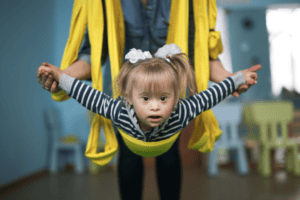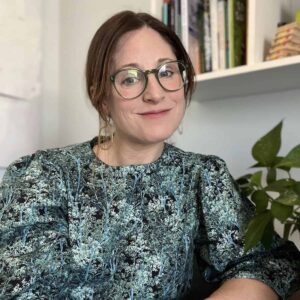(Listen to this content instead)
At Exceptional Lives, we strive to practice and champion inclusiveness in all of our work. We listen to our community to understand how we can support one another.
This is a fundamental value of Exceptional Lives. It is our mission to support families and caregivers of children with disabilities and to do this work effectively, we must do it respectfully. We must listen.
A child with special needs, or a child with a disability, is a child first. This is called person-first language and it is an acknowledgment that people are not defined by their disability.
But person-first language is not for everyone. We have learned from Autistic self-advocates, that many in the autism community prefer terminology such as “Autistic,” “Autistic person,” or “Autistic individual”. This is identity-first language and it recognizes that autism is an inherent part of a person’s identity.
ELI celebrates neurodiversity and we believe our language should reflect this.
We use person-first language when we refer to disability (for example, ‘child with a disability’), but we follow the lead of self-advocates when it comes to Autistic and Deaf culture by using identity-first language. In making this decision, we’ve learned from experts like LaMondre Pough who states, “The community sets the standard as to how they want to be addressed.”
We recognize that this is not a one size fits all solution. Some families or individuals will prefer person-first and that is ok.
At Exceptional Lives, we will continue to talk to and learn from one another as we grow. Our language helps to make a difference in our communities and ultimately create a more inclusive place for all of us. Join us.
Read more about Exceptional Lives values and commitment to equity and inclusion.




